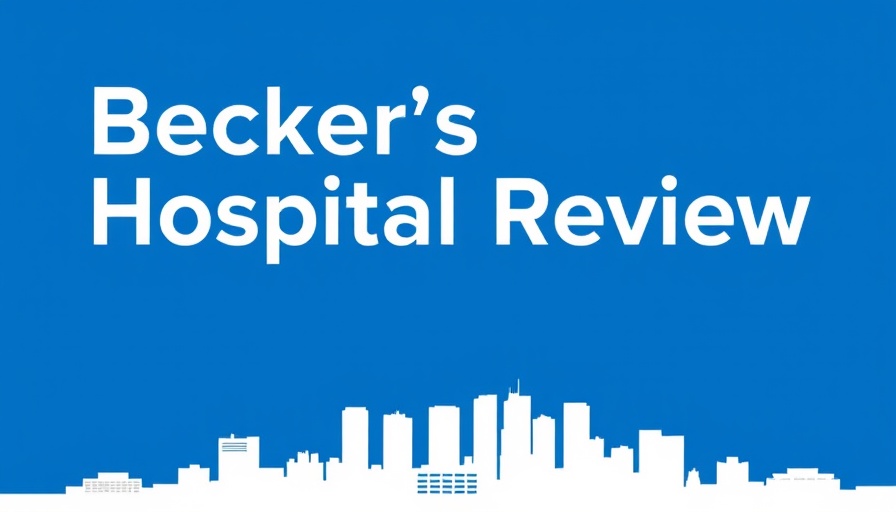
Transforming Mentorship: Unlocking Potential in Modern Healthcare
In the fast-paced environment of healthcare, mentorship has emerged as a pivotal strategy for personal and professional growth. As Ann Anderson Berry, MD, PhD, illustrates through her journey, impactful mentorship is more than just guidance; it is a collaborative process that nurtures confidence, adaptability, and leadership in both mentors and mentees. For healthcare professionals such as independent physicians and nurse practitioners, fostering these relationships can lead to significant advancements in individual capabilities and practice success.
The Flexibility of Personalized Mentorship
Recognizing that mentorship is not a one-size-fits-all approach is crucial. Each mentee possesses unique backgrounds and goals. For instance, a medical intern might primarily seek practical knowledge, while a more experienced practitioner might yearn for professional development advice. This diversity necessitates flexibility in mentorship styles and methods. Whether you’re tutoring a nurse practitioner interested in telehealth integration or a pharmacy owner navigating pre-tax benefit plans, adapting to their specific needs can significantly enhance their learning experience.
Clear Communication: The Backbone of Successful Mentor Relationships
Open dialogue is essential in any mentoring relationship. Setting expectations regarding communication frequency and discussing personal and professional goals can pave the way for enhanced understanding. For healthcare professionals, this might mean discussing how to optimize practice revenue through modern tools like digital front desks or exploring employee health benefits that enhance overall staff morale. When mentees feel empowered to advocate for themselves, they become more engaged and proactive, laying a strong foundation for their careers.
Addressing Challenges Head-On
Mentorship in healthcare often encounters challenges, such as mismatched expectations or stalled progress. Navigating these difficult conversations can be daunting yet necessary. Eager mentors should address situations directly and compassionately, fostering an environment of trust. For instance, if a pharmacy owner faces issues with insurance underpayments, an honest discussion about strategies to tackle these hurdles—like adopting healthcare automation—can realign their direction more effectively than avoiding the topic.
Seeing the Whole Person: The Importance of Empathy
Effective mentorship extends beyond professional growth; it encompasses understanding the individual behind the role. Acknowledging personal circumstances is vital for fostering genuine relationships. Medical professionals deal with stress from various facets of life, making it crucial for mentors to display empathy and support. For instance, if a physician is navigating personal challenges in their practice environment, being adaptable and supportive can reflect a mentor's commitment to the individual’s holistic growth.
Mutual Growth: A Two-Way Street
Perhaps the most profound aspect of mentorship is the mutual benefit of the relationship. While guiding a mentee through their challenges can be rewarding, mentors also experience growth through these interactions. As they share experiences and insights, they deepen their own understanding of effective leadership and empathy. This mutual growth is critical in an ever-evolving field like healthcare, where embracing change is essential for success.
Conclusion: Embrace Mentorship for Future Success
Mentorship emerges as a valuable resource for healthcare professionals, offering the potential for significant personal and professional enhancement. Embracing mentorship enables not only personal growth and skill development but also contributes to the overall betterment of the healthcare community. Whether you’re at the beginning of your career or a seasoned professional, leveraging mentorship can unlock remarkable opportunities and foster long-term success in the healthcare field.
 Add Row
Add Row  Add
Add 




Write A Comment